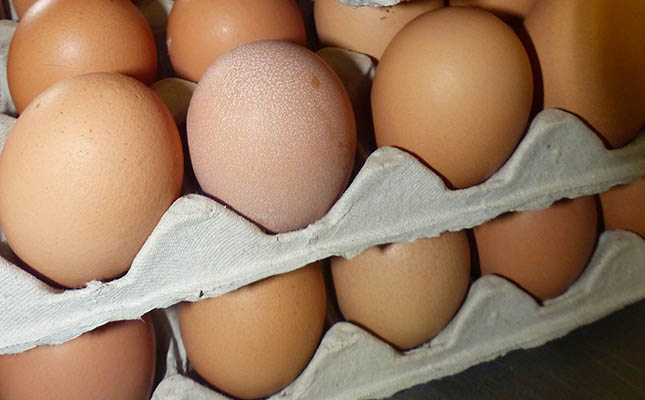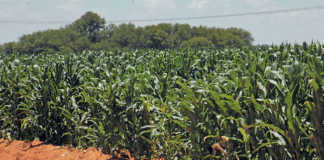
However, the South African Poultry Association (SAPA) has emphasised that it is safe to eat these products, and there have been no reported cases of the spread of the virus from birds to humans.
Dr Abongile Balarane, general manager of SAPA’s Egg Organisation, said the circulating WhatsApp message warning consumers about consuming eggs is unfounded and is intended to create panic.
He added that there had been no confirmation of any disease associated with poultry that affected people.
“The [WhatsApp] message also fails to disclose the reason for this warning, making it difficult to address the specific concern raised.”
Balarane said that, nonetheless, care should be taken to handle eggs and meat hygienically in order to prevent cross-contamination, and these foods should be thoroughly cooked.
Any shortages of poultry products on the market could be attributed to lower production in the industry as a result of the outbreak of bird flu, and the effects of load-shedding.
The poultry industry has again been hit by highly pathogenic avian influenza (HPAI). At this stage, contamination is centred in the Western Cape, where it originated in wild birds and spread to commercial egg layer birds. Farms whose chickens are infected have been forced to cull their flocks, leading to egg shortages on the market.
Quantum Foods, one of the country’s largest egg producers, culled nearly a half a million birds earlier in May after HPAI was detected.
The supply of chicken has also been interrupted due to load-shedding, as processing plants and farms cannot run optimally. Astral Foods CEO Chris Schutte noted that companies were struggling to work their way through backlogs created by reduced power supply, leading to shortages on the market.












